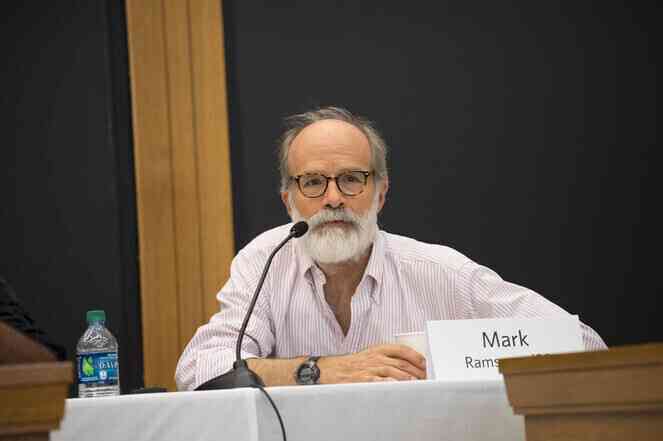
The video delves into the contentious academic journey of J. Mark Ramseyer, a renowned law professor at Harvard University. Ramseyer's December 2020 article, "Contracting for Sex in the Pacific War," explored the intricate issue of comfort women and their relationship with the Japanese military during World War II.
Upon publication, Ramseyer's work sparked significant controversy, eliciting threats, insults, and petitions demanding his dismissal and retraction of the article. Despite this uproar, many critics needed to be more informed about Ramseyer's arguments and engage with his analysis of contracts.
Ramseyer's thesis applied game theory to contracts used by recruiters and comfort women, with sections focusing on prostitution contracts in Japan and Korea and a comparative analysis of comfort women contracts.
The contracts, according to Ramseyer, reflected the agency and strategic decisions of comfort women who chose this path over alternative opportunities due to economic considerations. His research highlighted historical contexts, such as licensed prostitution in pre-war Japan and Korea, which influenced comfort women's decisions and contractual terms.
Critics attacked Ramseyer vehemently, questioning his inclusion of South Korean contracts despite South Korea's establishment after World War II. In response, Ramseyer published a detailed 66-page rebuttal in January 2022, addressing criticisms and allegations of forced conscription.
Ramseyer's scholarly pursuit faced challenges in fostering evidence-based debate and academic freedom, emphasizing the importance of engaging with challenging historical narratives for a deeper understanding of the past.
The video's exploration of Ramseyer's work sheds light on the complexities of historical research, academic scrutiny, and the necessity of open dialogue to advance historical understanding responsibly.
- South Koreans become younger under new age-counting law
- Mark Ramseyer's controversial article on comfort women










